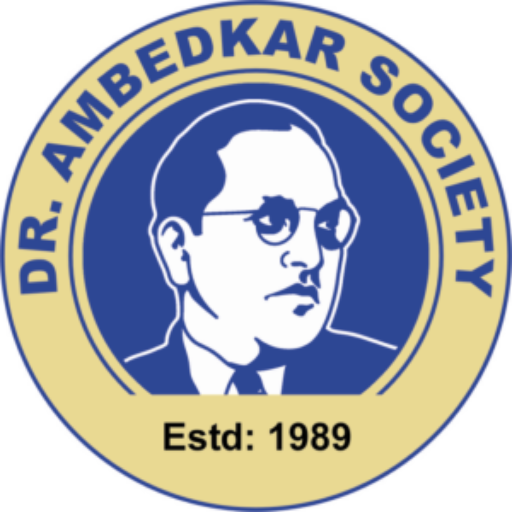Together We Can
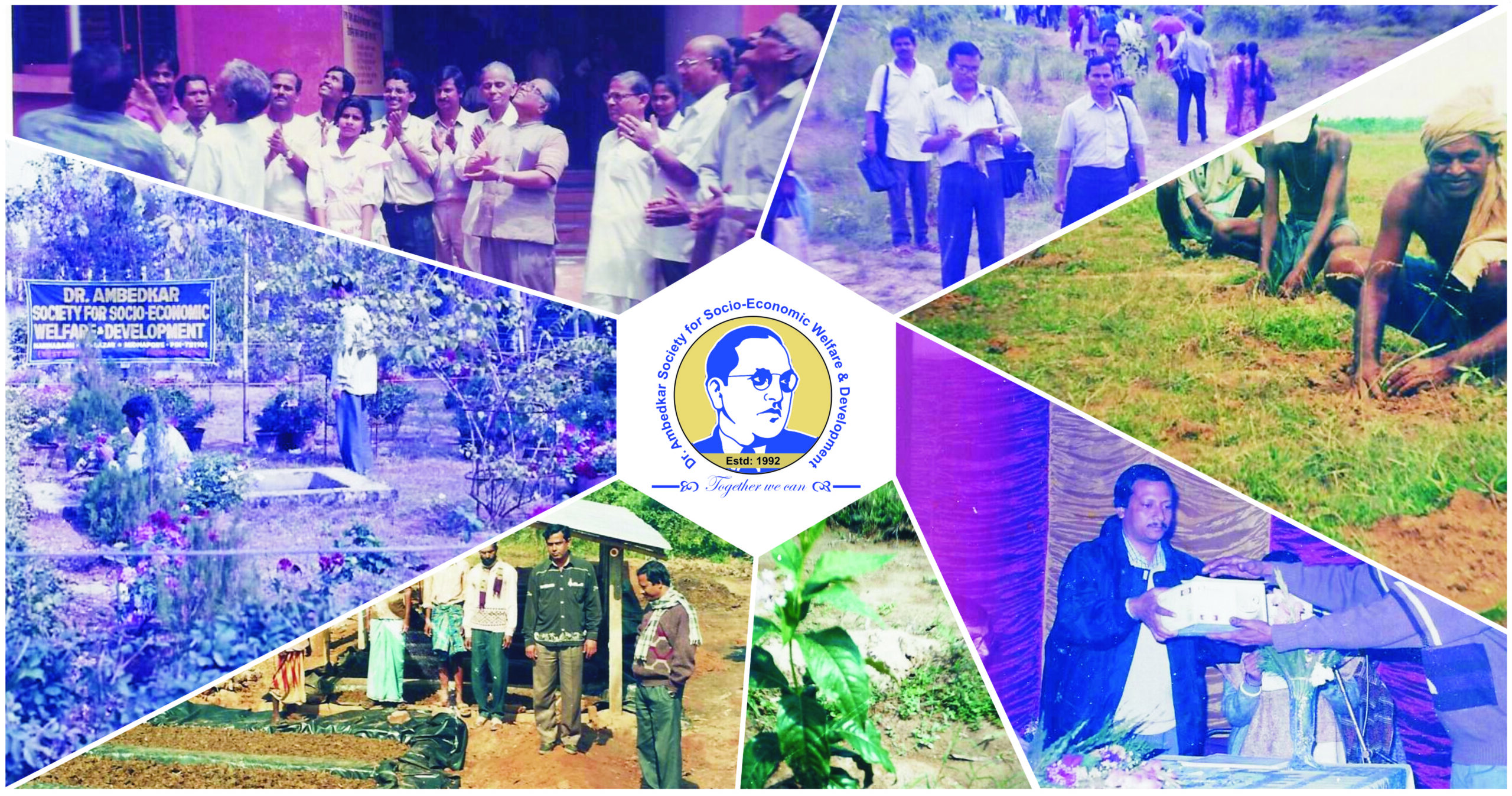
The society is established in upholding the lofty ideas and ideals propounded by Dr. B. R. Ambedkar, the great statesman and pioneer of the social reform movement who staunchly supported the cause of the poor, the ignorant and the downtrodden constituting socially and economically disadvantaged section of the society.
Dr. Ambedkar Society focuses on Sustainable Development Goals (SDGs) to secure all round development in the society where every living aspects can live happily.
ORGANISATION & LEGAL DETAILS
Dr. Ambedkar Society for Socio Economic Welfare and Development is a Non-Profit Organization Registered with the Societies Registration Act XXVI of 1961. Society registration number is SO071919 of 1992-1993
NITI Aayog, NGO Darpan Unique id: WB/2020/0250500
Vigyan Prasar, Dept. Of Science and Technology Govt. of India. unique club ID: VP-WB0114
Nehru Yuva Kendra Sangathan, Ministry of Youth Affairs & Sports, Govt. of India. Youth club unique number: 243948
MSME (Ministry of Micro, Small and Medium Enterprises, Govt. of India). Registration Number: UDYAM-WB-16-0026994
CSR activities undertaking project Registration Number: CSR00018565, Ministry of Corporate Affairs, Govt. of India
Donation made to us are subject to deduction U/S 80G (5) vi of the Income Tax Act. 1961 vide Unique Registration Number – AAAAD4883BF20218 & DIN- AAAAD4883BF2021801 dt. 02.10.2021 of the exemption Permanent Account No. AAAAD4883B
Currently Working With
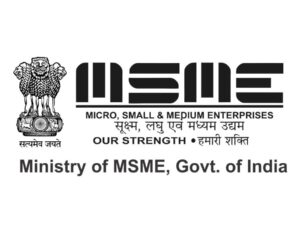
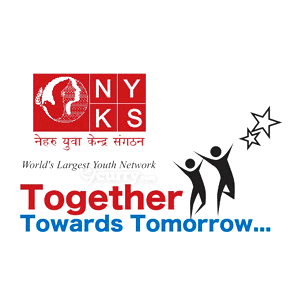
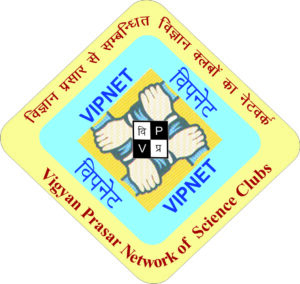

What is Sustainable Development Goal?
The 2030 Agenda for Sustainable Development, adopted by all United Nations Member States in 2015, provides a shared blueprint for peace and prosperity for people and the planet, now and into the future. At its heart are the 17 Sustainable Development Goals (SDGs), which are an urgent call for action by all countries – developed and developing – in a global partnership. They recognize that ending poverty and other deprivations must go hand-in-hand with strategies that improve health and education, reduce inequality, and spur economic growth – all while tackling climate change and working to preserve our oceans and forests.
The SDGs build on decades of work by countries and the UN, including the UN Department of Economic and Social Affairs
- In June 1992, at the Earth Summit in Rio de Janeiro, Brazil, more than 178 countries adopted Agenda 21, a comprehensive plan of action to build a global partnership for sustainable development to improve human lives and protect the environment.
- Member States unanimously adopted the Millennium Declaration at the Millennium Summit in September 2000 at UN Headquarters in New York. The Summit led to the elaboration of eight Millennium Development Goals (MDGs) to reduce extreme poverty by 2015.
- The Johannesburg Declaration on Sustainable Development and the Plan of Implementation, adopted at the World Summit on Sustainable Development in South Africa in 2002, reaffirmed the global community’s commitments to poverty eradication and the environment, and built on Agenda 21 and the Millennium Declaration by including more emphasis on multilateral partnerships.
- At the United Nations Conference on Sustainable Development (Rio+20) in Rio de Janeiro, Brazil, in June 2012, Member States adopted the outcome document “The Future We Want” in which they decided, inter alia, to launch a process to develop a set of SDGs to build upon the MDGs and to establish the UN High-level Political Forum on Sustainable Development. The Rio +20 outcome also contained other measures for implementing sustainable development, including mandates for future programmes of work in development financing, small island developing states and more.
- In 2013, the General Assembly set up a 30-member Open Working Group to develop a proposal on the SDGs.
- In January 2015, the General Assembly began the negotiation process on the post-2015 development agenda. The process culminated in the subsequent adoption of the 2030 Agenda for Sustainable Development, with 17 SDGs at its core, at the UN Sustainable Development Summit in September 2015.
- 2015 was a landmark year for multilateralism and international policy shaping, with the adoption of several major agreements:
- Sendai Framework for Disaster Risk Reduction (March 2015)
- Addis Ababa Action Agenda on Financing for Development (July 2015)
- Transforming our world: the 2030 Agenda for Sustainable Development with its 17 SDGs was adopted at the UN Sustainable Development Summit in New York in September 2015.
- Paris Agreement on Climate Change (December 2015)
- Now, the annual High-level Political Forum on Sustainable Development serves as the central UN platform for the follow-up and review of the SDGs.
Today, the Division for Sustainable Development Goals (DSDG) in the United Nations Department of Economic and Social Affairs (UNDESA) provides substantive support and capacity-building for the SDGs and their related thematic issues, including water, energy, climate, oceans, urbanization, transport, science and technology, the Global Sustainable Development Report (GSDR), partnerships and Small Island Developing States. DSDG plays a key role in the evaluation of UN systemwide implementation of the 2030 Agenda and on advocacy and outreach activities relating to the SDGs. In order to make the 2030 Agenda a reality, broad ownership of the SDGs must translate into a strong commitment by all stakeholders to implement the global goals. DSDG aims to help facilitate this engagement.
